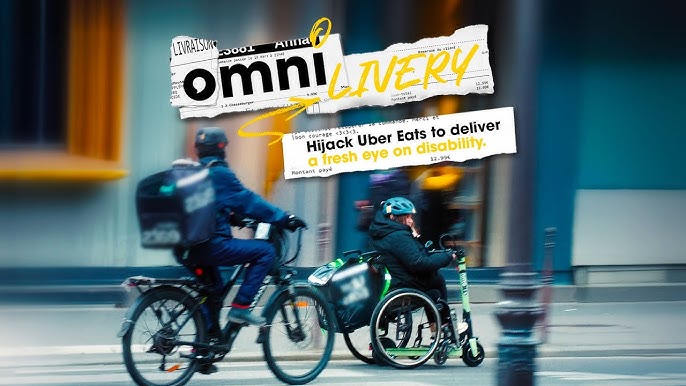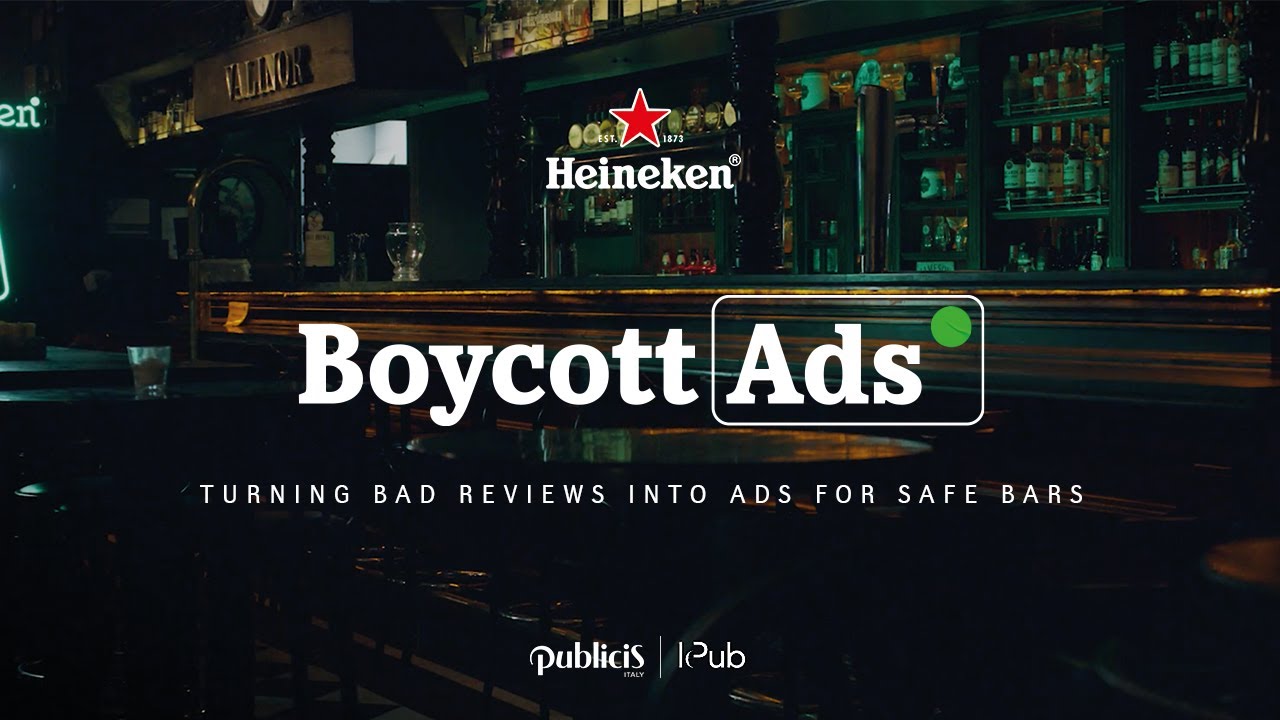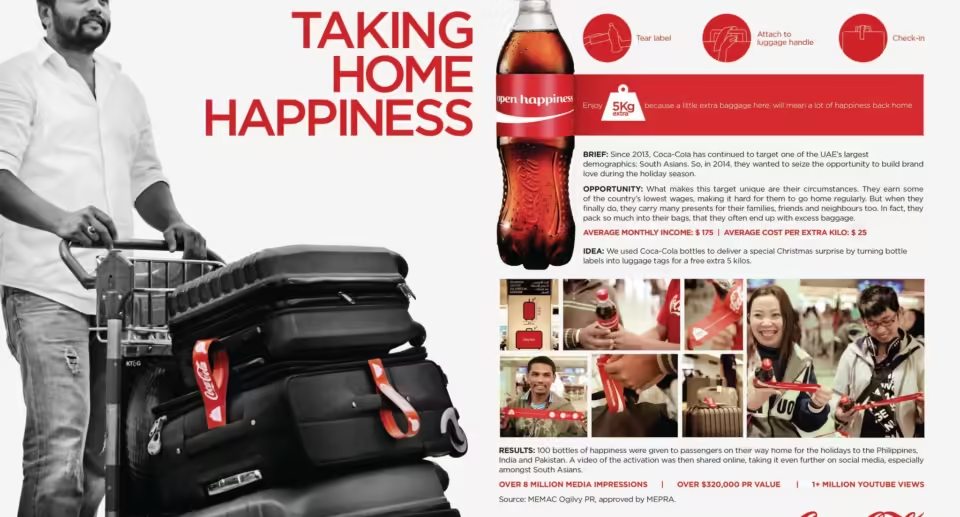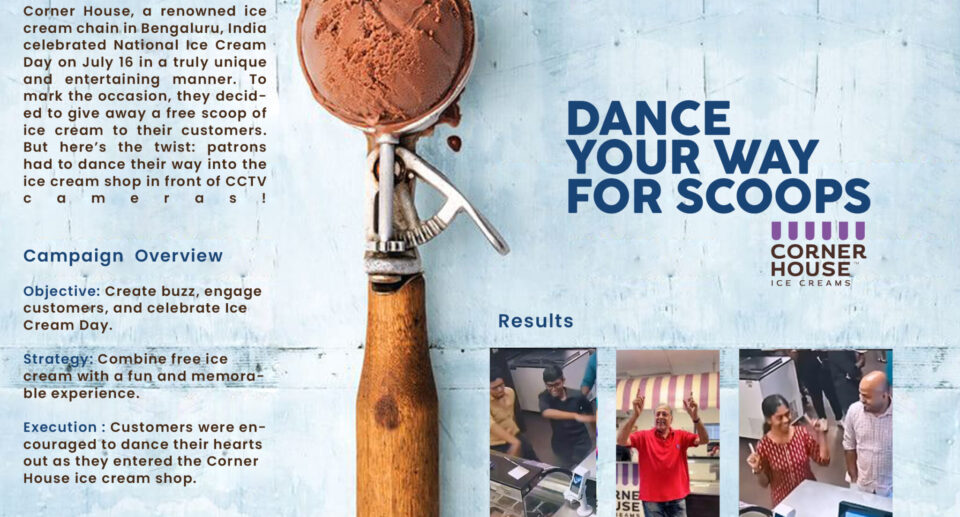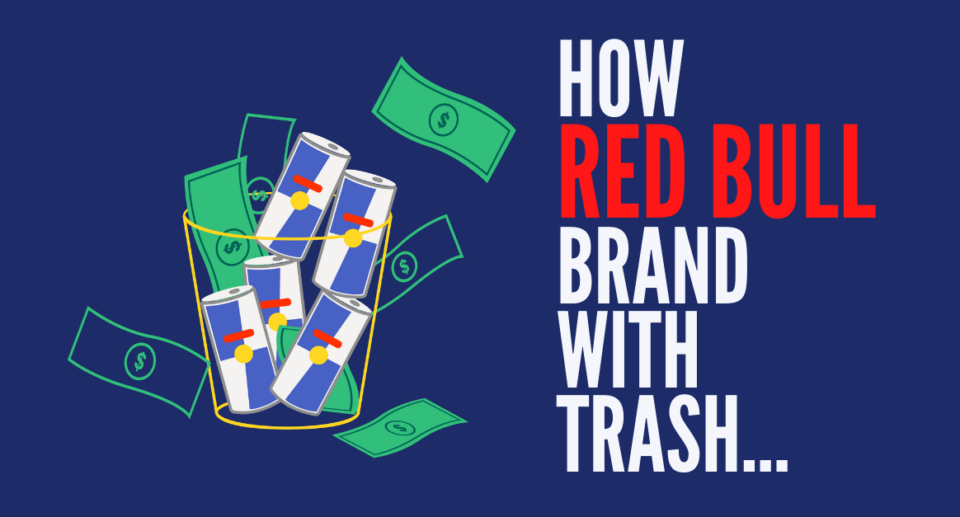
Red Bull , the energy drink giant, faced a challenge in the late 1980s: how to stand out in a saturated market flooded with alternative energy drink options. Their solution? A truly unconventional strategy that involved rubbish bins and empty cans.
Campaign Overview
The Concept:
Red Bull’s “Empty Can” campaign was based on a simple principle: social proof. People are more likely to do something if they see others doing it. The goal was to create the illusion that Red Bull was the most popular energy drink on the market.
Location :
The campaign took place in London, a bustling city with a vibrant nightlife scene. The team strategically placed thousands of empty Red Bull cans in selected rubbish bins across the city.
Execution:
Here’s how Red Bull executed their brilliant marketing move :
- Rubbish Bins: Over a span of a couple of months, Red Bull filled London’s rubbish bins with empty Red Bull cans. These bins were strategically located near clubs, busy streets, and public areas.
- Free Samples to DJs: Red Bull also distributed free samples to DJs. By doing so, they ensured that influencers and trendsetters were seen with their product, reinforcing the perception of popularity.
- Cans Outside Nightclubs : Empty Red Bull cans were left lying around outside nightclubs. This further contributed to the illusion that Red Bull was the energy drink of choice.
Time Period :
The campaign unfolded over several months, allowing Red Bull to gradually build the perception of popularity.
Impact :
Red Bull’s guerrilla marketing strategy worked exceptionally well for several reasons:
- Social Proof: By placing empty cans in bins and around clubs, Red Bull created social proof. Consumers assumed that everyone else was drinking Red Bull, making it the energy drink of choice.
- Attention Economics: Red Bull treated consumer attention as a rare commodity. Their unconventional approach demanded attention and influenced purchasing decisions.
- Global Market Share: Today, Red Bull boasts a 43% global market share in the energy drinks sector, making it the undisputed leader among its competitors
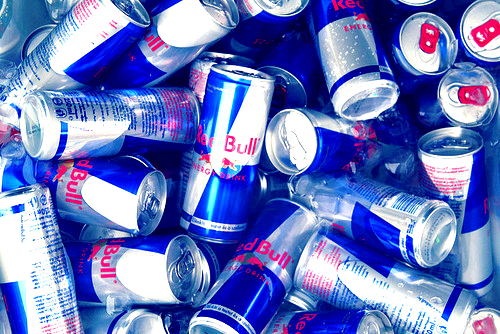
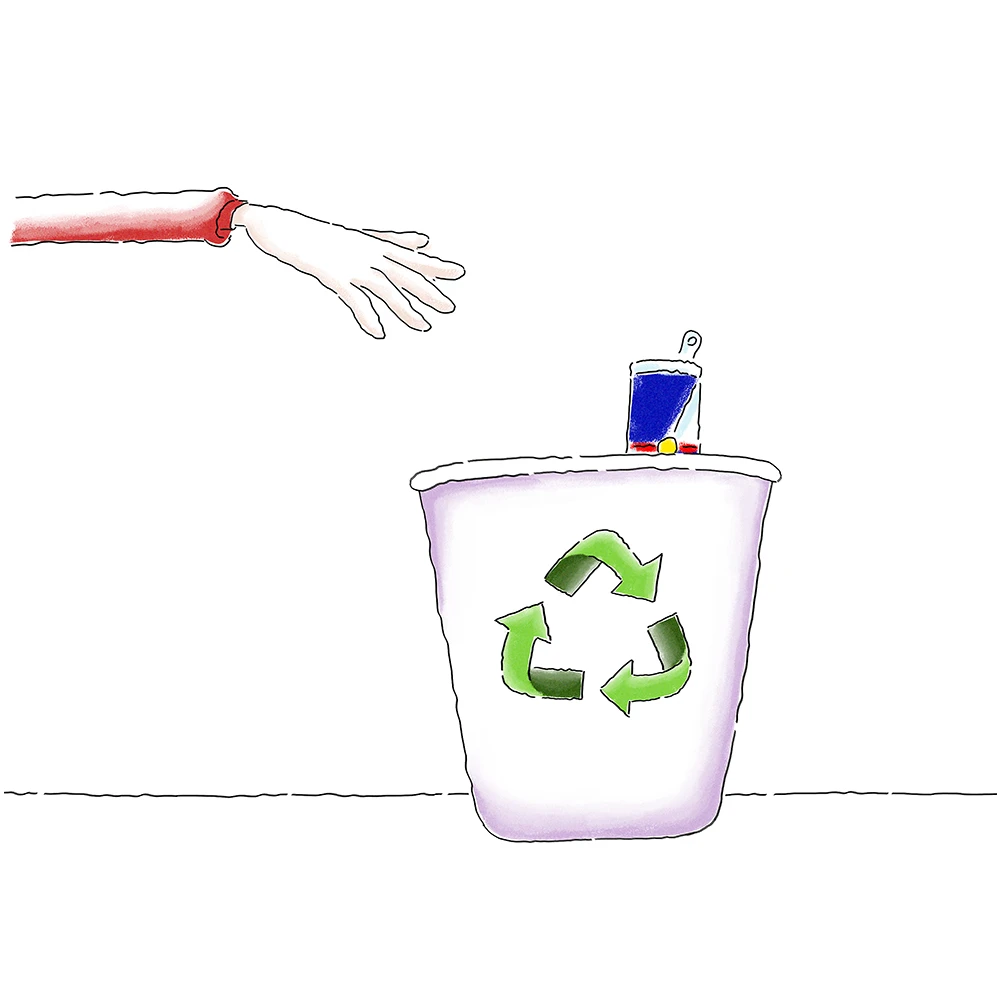
Results
Red Bull’s success teaches us that creativity, innovation, and understanding your market are essential. Sometimes, the most effective strategies are the ones that break the mold and capture attention.
Lessons Learned
- Subtle Influence: Sometimes marketing doesn’t need to be direct. Subtle cues in the environment can influence perceptions and behaviors.
- Word-of-Mouth : Creating an image of popularity can lead to word-of-mouth marketing as people start talking about the product they ‘see everywhere’.
This campaign by Red Bull is a testament to creative thinking outside the traditional advertising box, using psychological cues to influence consumer behavior.


